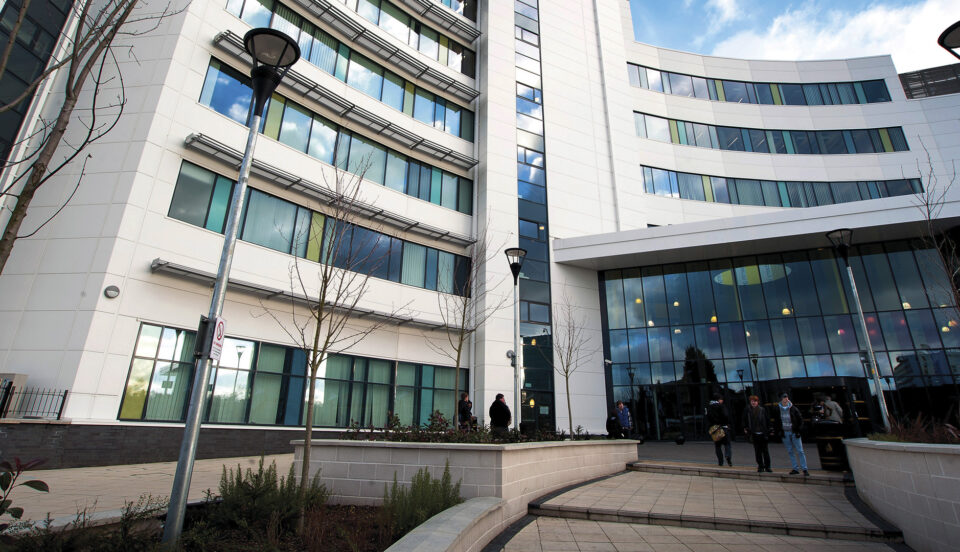The media play a central role in contemporary culture, society and politics. They shape our perceptions of the world through the representations, ideas and points of view they offer.
The media have real relevance and importance in our lives today, providing us with ways to communicate, with forms of cultural expression and the ability to participate in key aspects of society.
The economic importance of the media is also unquestionable. The media industries employ large numbers of people worldwide and generate significant global profit.
The globalised nature of the contemporary media, ongoing technological developments and more opportunities to interact with the media suggest their centrality in contemporary life can only increase.
What you'll learn
Component 1 (written examination): Media Products, Industries and Audiences (35% of qualification)
The examination assesses media language, representation, media industries, audiences and media contexts. It consists of two sections:
Section A: Analysing Media Language and Representation
This section assesses media language and representation in relation to two of the following media forms: advertising, marketing, music video or newspapers. There are two questions in this section:
- one question assessing media language in relation to an unseen audio-visual or print resource
- one extended response comparison question assessing representation in one set product and an unseen audio-visual or print resource in relation to media contexts
Section B: Understanding Media Industries and Audiences
This section assesses two of the following media forms; advertising, marketing, film, newspapers, radio or video games, and media contexts.
It includes:
- one stepped question on media industries
- one stepped question on audiences
Component 2: Media Forms and Products in Depth (35% of qualification)
The examination assesses media language, representation, media industries, audiences and media contexts. It consists of three sections:
Section A: Television in the global Age
There will be one two-part question or one extended response question.
Section B: Magazines: Mainstream and Alternative Media
There will be one two-part question or one extended response question
Section C: Media in the Online Age
There will be one two-part question or one extended response question
Component 3: Cross-Media Production. Non-exam assessment (30% of qualification)
An individual cross-media production based on two forms in response to a choice of briefs set by WJEC, applying knowledge and understanding of the theoretical framework and digital convergence.
How you'll learn and be assessed
You learn in a variety of ways, typically through discussion, group work, independent study, traditional essays, reading and research tasks. There is a balance between challenge and support. You play an active part in your learning and there is a strong focus on your individual learning needs.
You develop the skills necessary for further academic study, such as strong report writing, essay writing and study skills, including presentation skills.
You also improve the wider skills vital for success in further study or employment, including self-confidence, speaking in front of others, working with others, taking responsibility and managing your time. By the end of the course you will benefit from individual support, including clear advice about higher education and careers.
Classes take place over four days a week between 9am and 5pm. We expect our students to be fully committed to their studies and attend all timetabled sessions. In addition, you have the opportunity to attend trips and visits according to the needs of individual subjects. There are many enrichment opportunities, enabling you to extend your learning beyond the bounds of your chosen subjects.
Formal assessment is through examinations and, in some subjects, through coursework. The examination periods are in May/ June.
Component 1 is a written exam lasting 2 hours and 15 minutes.
Component 2 is a written exam lasting 2 hours and 30 minutes.
Component 3 is a non-exam assessment.
Entry requirements
Applicants should have five GCSEs at grade 5 or above, including English and maths.


